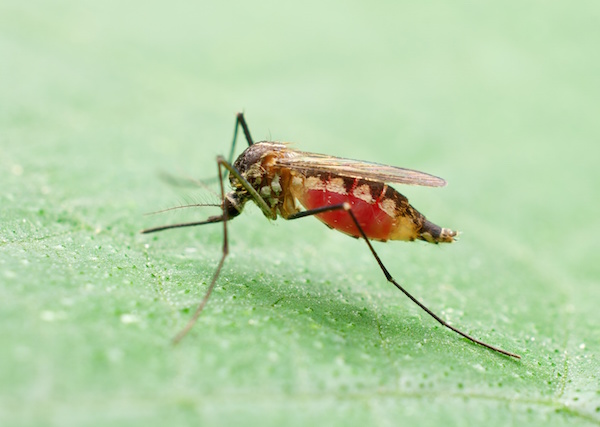
MONDAY, Dec. 7 (HealthDay News) — Swine flu is more likely than seasonal flu to cause life-threatening complications in children with sickle cell disease, a new study has found.
Johns Hopkins Children’s Center researchers analyzed the medical records of 118 children with sickle cell disease treated for any kind of flu between September 1993 and November 2009. Of those patients, 28 were infected with the H1N1 (swine flu) virus, which emerged last April.
Swine flu and seasonal flu caused similar symptoms in the children, including fever, cough and a runny nose. However, those with swine flu were three times more likely to develop acute chest syndrome, marked by lung inflammation, reduced oxygen capacity and shortness of breath, the researchers found. Acute chest syndrome is a leading cause of death in these patients.
The study also found that patients with swine flu were five times more likely to be admitted to the intensive care unit and were more likely to require a blood transfusion and to have to be put on a ventilator.
The study findings were scheduled to be presented Dec. 7 at the annual meeting of the American Society of Hematology in New Orleans.
The findings indicate that children with sickle cell disease should be on the list of those who need to be immunized against all flu strains. The list includes children with asthma, diabetes, heart disease and other chronic conditions.
“Children with sickle cell disease are hospitalized about once a year for pain crises and other complications, so we should do everything we can to prevent hospitalization from the flu by using safe and effective vaccines,” lead investigator Dr. John J. Strouse, a pediatric hematologist, said in a Hopkins news release.
More information
The American Academy of Family Physicians has more about sickle cell disease in children.

